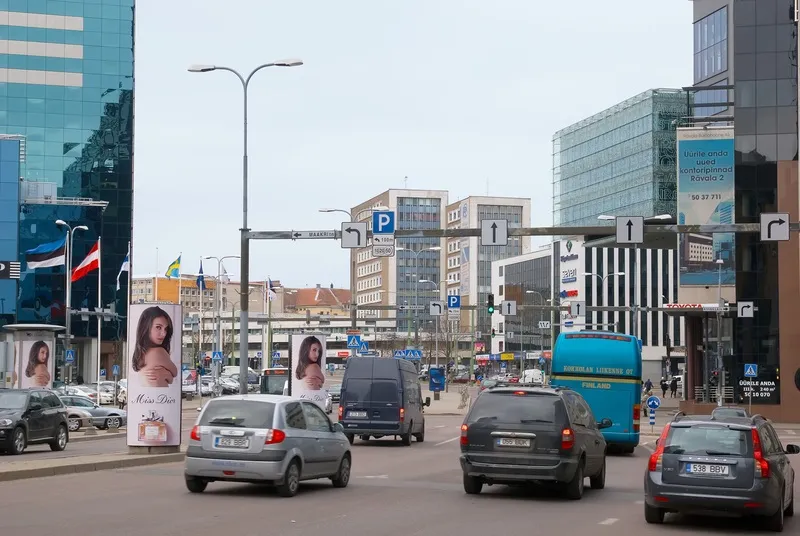
However, the volume of trucks has changed very little, noted a report by ERR News, the English-language online service of Estonian Public Broadcasting.
There was a drop of only around 2% based on data collected between March 6, after the first coronavirus cases had been detected but before the government declared an emergency situation, and March 27.
The decline mainly results from a decline in passenger vehicle traffic. Truck transport is required for delivering essential goods and services and so drivers are exempt from staying away from work.
The administration has 98 fixed counting points nationwide.
In the neighbouring Baltic state of Latvia, traffic on major highways fell by 19% in the weeks after the government declared a state of emergency.










